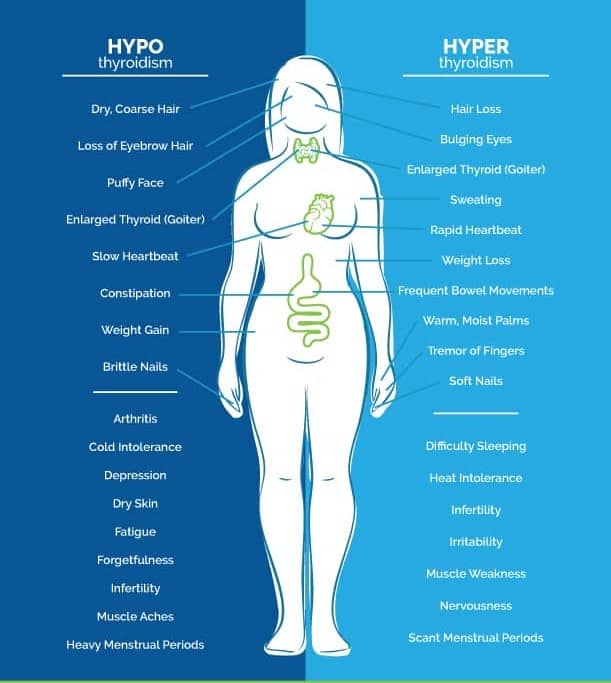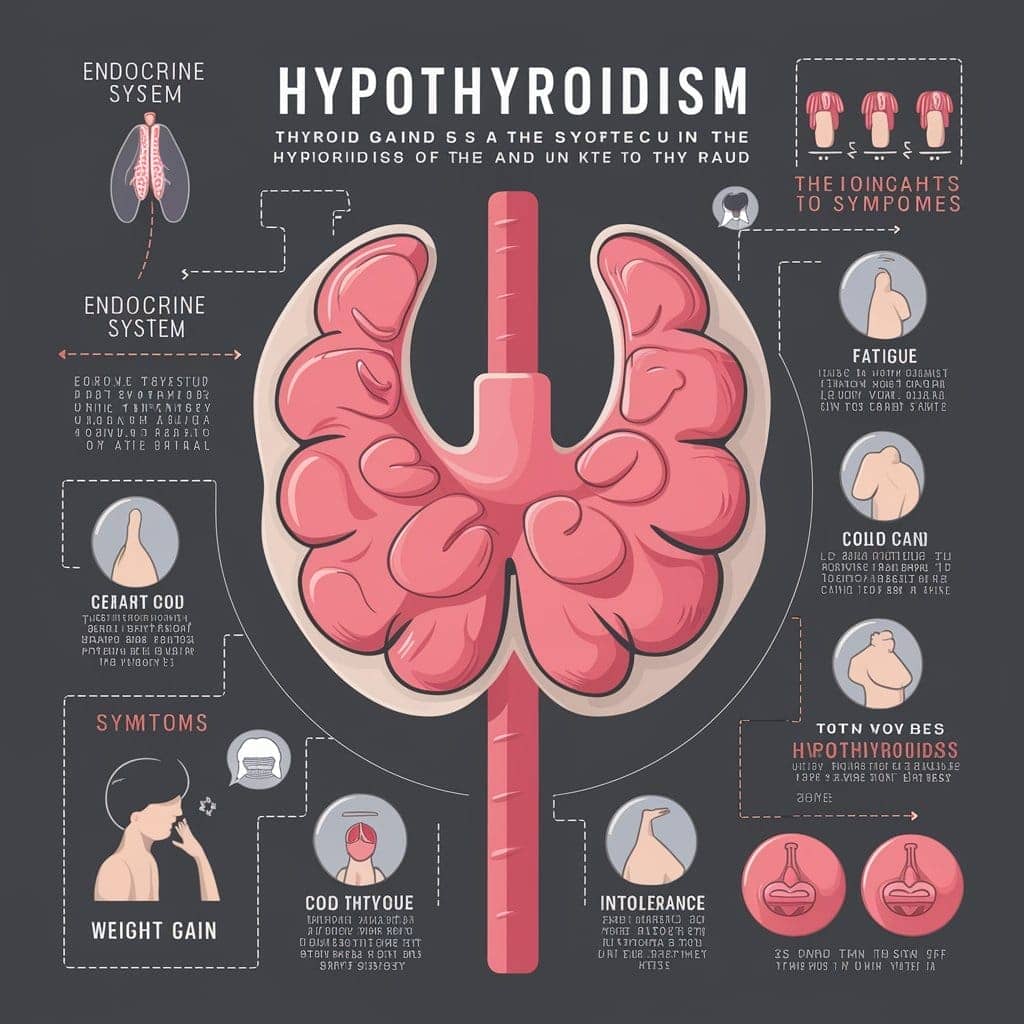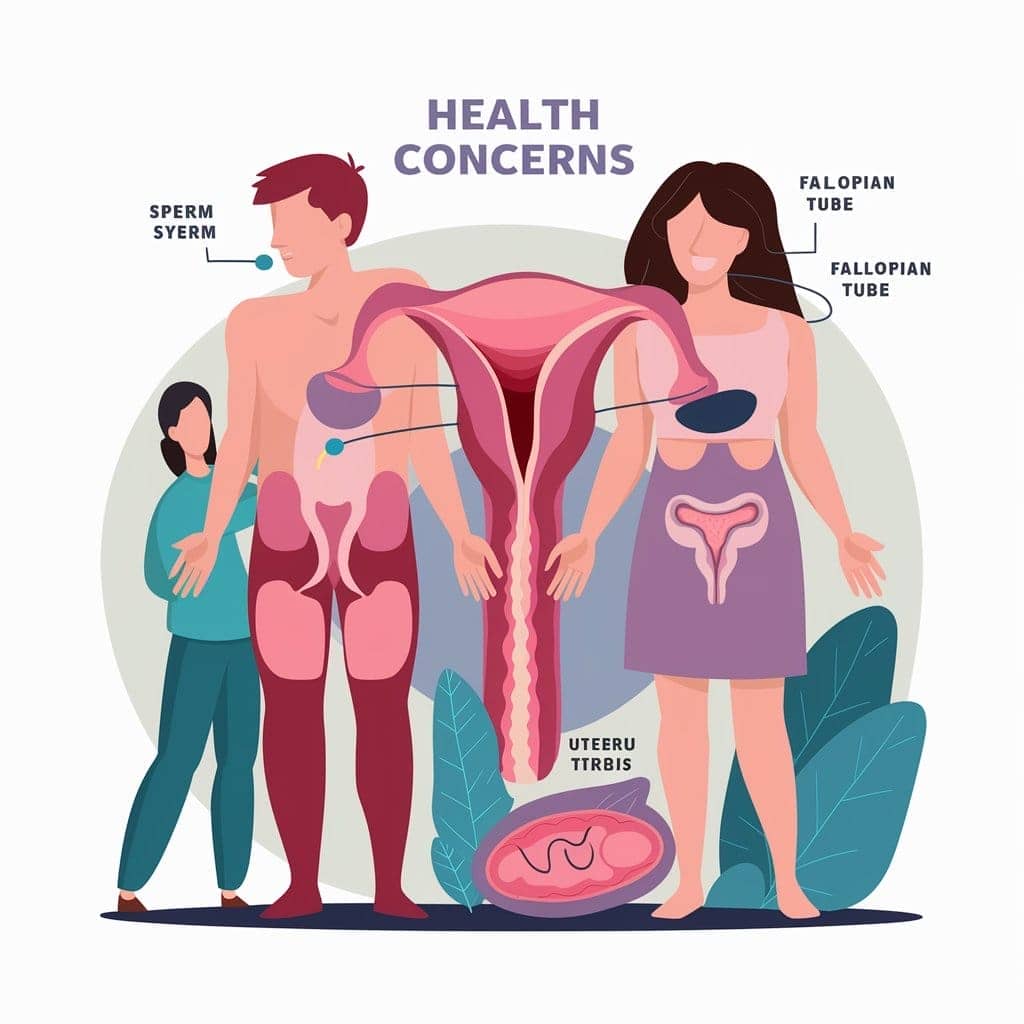Top 10 Facts About Thyroid Hypothyroidism and Puffy Eyes

Thyroid hypothyroidism, or underactive thyroid, is a medical condition in which the thyroid gland fails to produce enough thyroid hormones that regulate the body’s essential functions. The symptoms of hypothyroidism may be subtle and gradual; thus, diagnosis is difficult, especially in the older age group. Top 10 Facts About Thyroid Hypothyroidism and Puffy Eyes:
-
Thyroid 101: The thyroid, located in the neck, produces the hormones T3 and T4, which regulate the pace of your body’s metabolism, from the level of energy it has to your heart rate.
-
Underactive Alert: Hypothyroidism is a condition in which the thyroid produces less of these hormones, slowing the body’s metabolism.
-
Fluid Frenzy: One of the signs of hypothyroidism can be that your body holds lots of water around itself, including water around delicate tissues around the eyes that swell.
-
Beyond the Bulge: Puffy eyes are one of many symptoms of hypothyroidism. Tiredness, weight gain, and a chilly feeling are two other common symptoms.
-
Women at Risk: Women are more vulnerable than men to hypothyroidism, especially after the delivery of a child and over the age of 60.
-
Autoimmune Attack: The most common cause of hypothyroidism in the United States is an autoimmune disease called Hashimoto’s.
-
Diagnosis through Blood: Diagnosis: Hypothyroidism can be diagnosed with a simple blood test, which measures the levels of the hormones your thyroid produces.
-
Treatable Trouble: The good news is that hypothyroidism is a treatable problem. A daily dose of medication can balance the hormones and bring all the symptoms to an end.
-
Early Detection is Key: Left untreated, hypothyroidism can lead to complications like heart problems and fertility issues.
-
Lifestyle Matters: Maintaining a healthy weight and getting enough sleep can support thyroid function and potentially reduce puffiness.
Hypothyroidism is a Common Condition
Hypothyroidism, also known as underactive thyroid, is a very well-known condition that is affecting millions of people all around the world. It is a condition in which the thyroid gland fails to produce enough thyroid hormones responsible for maintaining various functions of the body.
Thyroid Hormones Regulate Metabolism
Thyroid hormones regulate metabolism, growth, and development. Thyroid hormones are essential for converting food into energy, controlling body temperature, and maintaining the skin, hair, and nails healthy.
Puffy Eyes are a Common Symptom of Hypothyroidism
Puffy eyes, commonly known as periorbital edema, are one of the common symptoms of hypothyroidism. The puffy eyes are caused by a retention of excessive fluids in the tissues around the eyes, thereby making the eyes look puffy.
Fluid Retention Causes Puffy Eyes
In hypothyroidism, retention of excessive fluids is the main cause of puffy eyes. When the body is deprived of sufficient hormones produced by the thyroid gland, it retains excess fluids, leading to swelling in many parts of the body, including the eyes.
Hormonal Imbalance Affects Eye Health
The hormonal imbalance brought about by hypothyroidism can lead to damage to the eyes and result in puffy eyes, dry eyes, and vision problems, among others. This is simply because thyroid hormones play a vital role in maintaining healthy eye function.
Hypothyroidism Can Cause Eye Bags
Hypothyroidism can cause eye bags, which are dark circles or puffiness under the eyes. This occurs when the skin around the eyes becomes thin and fragile, allowing blood vessels to become more visible.
Puffy Eyes Can Be a Sign of Underlying Health Issues
Puffy eyes could simply indicate other health issues, such as hypothyroidism, kidney problems, heart disease, and even some of the prescription medications. If you are suffering from continuous puffy eyes, then it is high time for you to visit a healthcare provider to exclude some of the underlying health problems.
Thyroid Medication Can Help Reduce Puffy Eyes
Thyroid medication helps the eyes regain smoothness by restoring the missed thyroid hormones. It can go a long way in easing the symptoms of water retention among others, as well as general eye health.
Lifestyle Changes Can Help Reduce Puffy Eyes
In addition to medication, lifestyle changes can help reduce puffy eyes. These include staying hydrated, getting enough sleep, exercising regularly, and elevating your head while sleeping to reduce fluid accumulation.
Early Diagnosis and Treatment are Crucial
Early diagnosis and treatment of hypothyroidism can be a cue to curtail the possible long-term effects. When you experience symptoms like puffy eyes, malaise, and weight gain, it is pertinent to seek medical advice.
Conclusion
Hypothyroidism and puffy eyes are inseparable, and by understanding the facts, you can take charge of your health. By knowing how and when to recognize the symptoms, why they are present, and the treatments available, you can alleviate the puffy eyes and start leading a healthier lifestyle.



